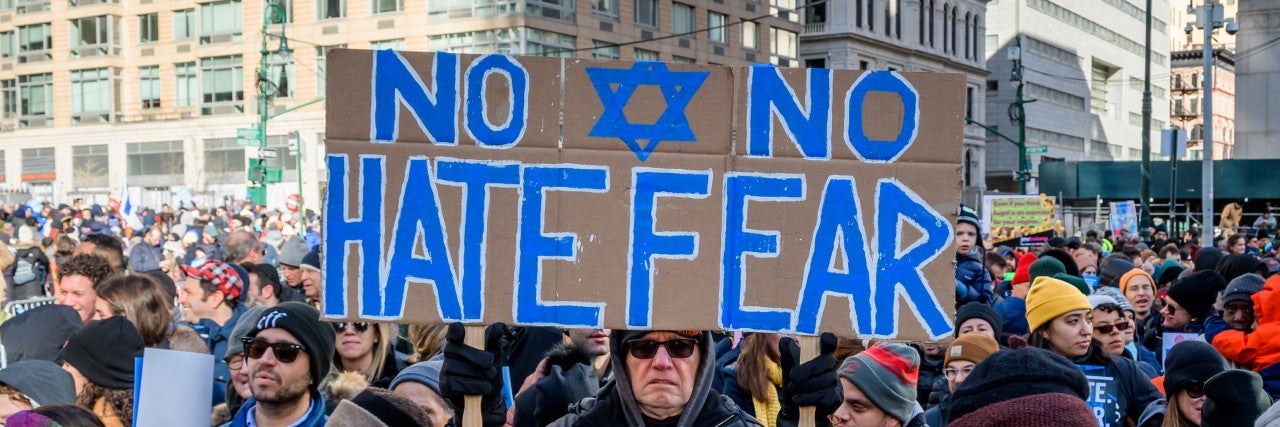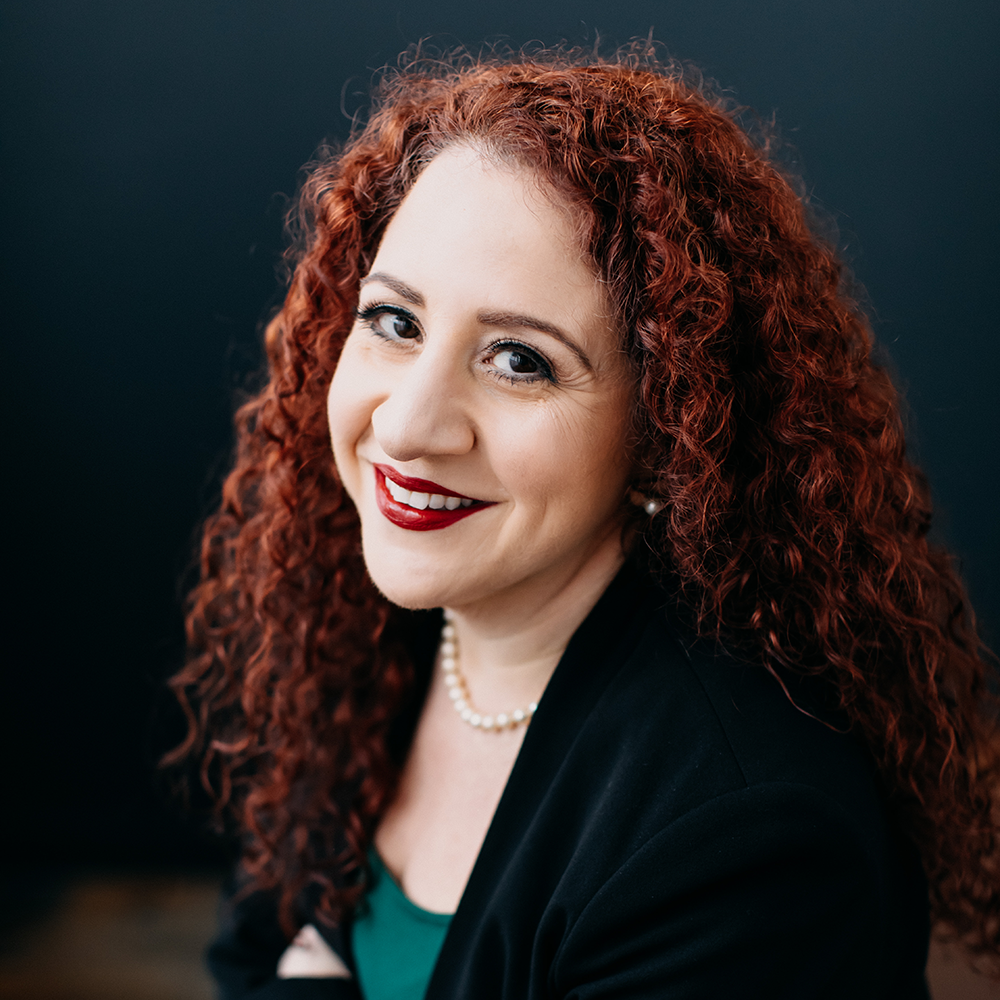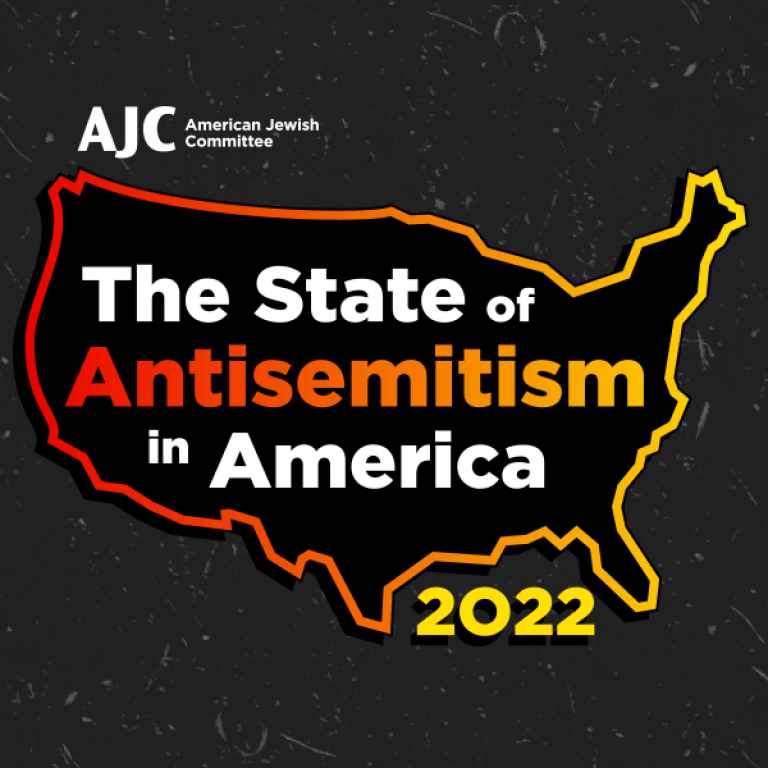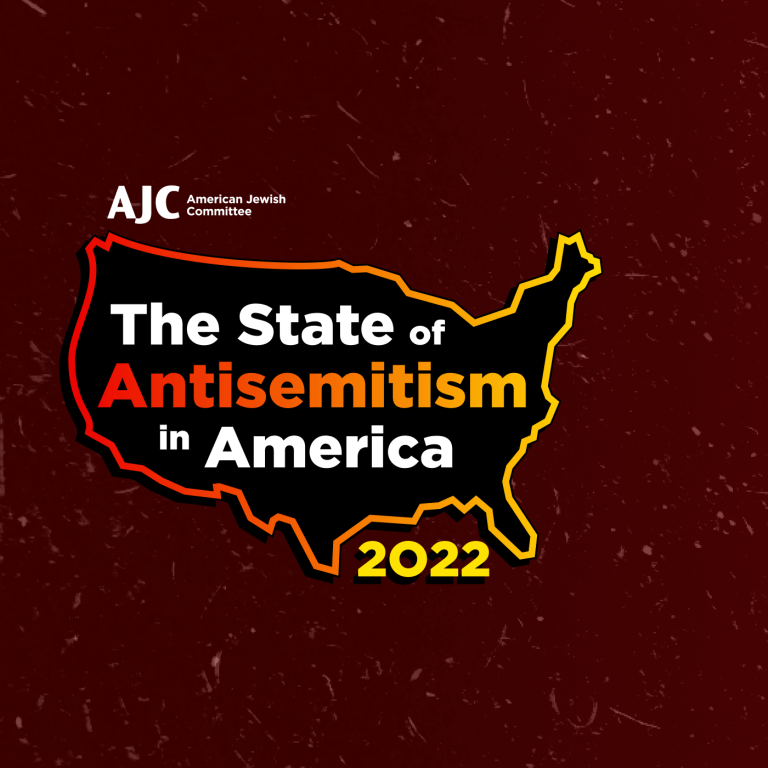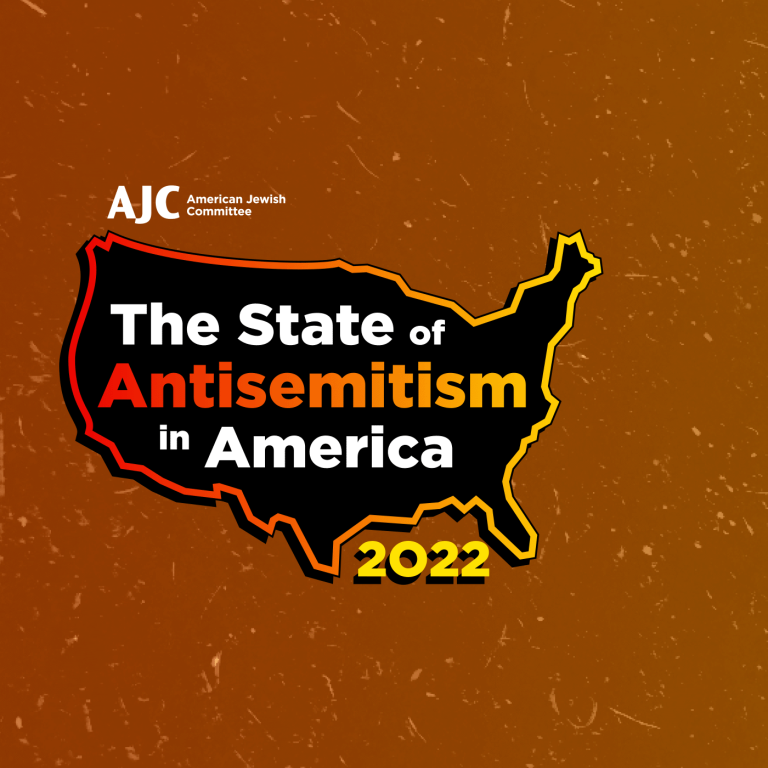February 13, 2023 — Louisville
This piece originally appeared in the Courier Journal.
Kanye West’s viral antisemitic ramblings last year did incalculable harm, but perhaps we can find one silver lining.
In the latest State of Antisemitism in America survey from American Jewish Committee released today, 69% of those polled said they had heard of antisemitism and knew what it meant, up from 65% in 2021. In addition, 68% believe antisemitism is a problem in the U.S., up from 60% last year.
Thanks, Kanye.
For those who don’t know, antisemitism is the hatred of Jewish people—plain and simple. And for those unsure of whether antisemitism is a problem in the U.S., let me assure you that it is.
The survey also asked about 1,000 members of the general public several questions about their knowledge of the Holocaust. The results were mixed. Little more than half knew six million Jewish people were killed by the Nazis and their collaborators although the overwhelming majority could identify Auschwitz as a death camp and knew when the Holocaust occurred.
Why does this matter?
First, it appears the more someone knows about the Holocaust, the less likely they are to embrace anti-Jewish tropes. About 56% of those surveyed by AJC were able to get three of the four Holocaust-related questions right. Those with more knowledge of the Holocaust were also more likely to know what antisemitism is, that it has increased in this country in the last five years and believe that it is a problem in the U.S.
Second, when societies cannot protect their Jewish populations—by ignoring, minimizing or redefining antisemitism—they often fail to protect their democracy as well. Thus, antisemitism is a societal problem, not just a Jewish problem, which means we all have a stake in working to prevent its dangerous spread.
It therefore stands to reason that filling the knowledge gaps about the Holocaust will lead to a greater awareness – and rejection– of contemporary antisemitism.
Education is key
While the Jewish population in Kentucky is less than half of one percent, our state is one of 21 states that requires instruction in public schools about the Holocaust, and it is in everyone’s interest that it be taught well. The University of Kentucky-Jewish Heritage Fund for Excellence Holocaust Education Initiative, the goal of which is to train hundreds of grade 6-12 teachers in Holocaust education, is crucial.
For now, though, the state of antisemitism in America is one of profound unease for the more than 1,500 Jews surveyed by AJC, which found:
- Nine in 10 Jewish people believe antisemitism is a serious problem in the U.S. and more than four in five believe it has increased over the last five years.
- Four in 10 Jewish people alter their behavior in public or online to avoid being identified as Jewish because of fears of antisemitism.
- More than two-thirds of Jewish people had seen antisemitic content online, including 57% who saw it more than once.
Cause for concern
Perhaps most ominous, some 41% of Jewish people feel less secure about their status in the U.S. compared to a year ago, a dramatic 10-point jump from the 2021 survey.
It should be troubling to anyone that 78 years after Auschwitz was liberated, American Jewish people—a considerable number of whom are descended from Holocaust survivors—should feel this way.
Whether it’s Kanye telling his 29 million followers on Twitter in October that he wanted to go “death con 3 on Jewish people” or podcast host Joe Rogan invoking age-old tropes about Jewish people and money to his millions of listeners, or the noxious “Goyim Defense League” littering neighborhoods across the country with conspiratorial antisemitic fliers blaming Jews for the COVID-19 pandemic, the Jewish community has cause to feel concerned.
And when antisemitism turns physical – with the hurling of a Molotov cocktail at a New Jersey synagogue or elementary school-age Jewish children being spat on in New York or a rabbi and congregants being held hostage by a gun-wielding perpetrator in Colleyville, Texas – all of our alarm bells should be ringing.
We can fight antisemitism through education and awareness, but most importantly, we must fight it together.
To read our full survey results, please visit www.ajc.org/AntisemitismReport2022.
Melanie Maron Pell is the Chief Field Operations Officer for American Jewish Committee and Director of its Louisville office.
